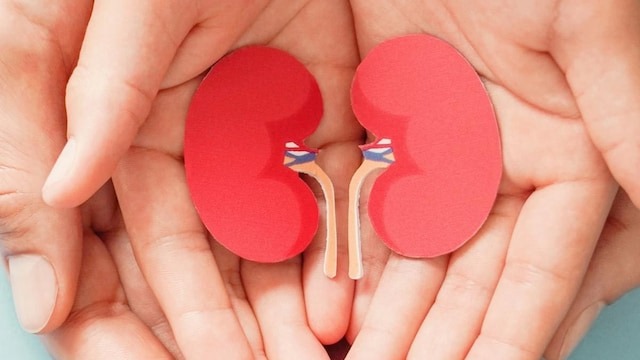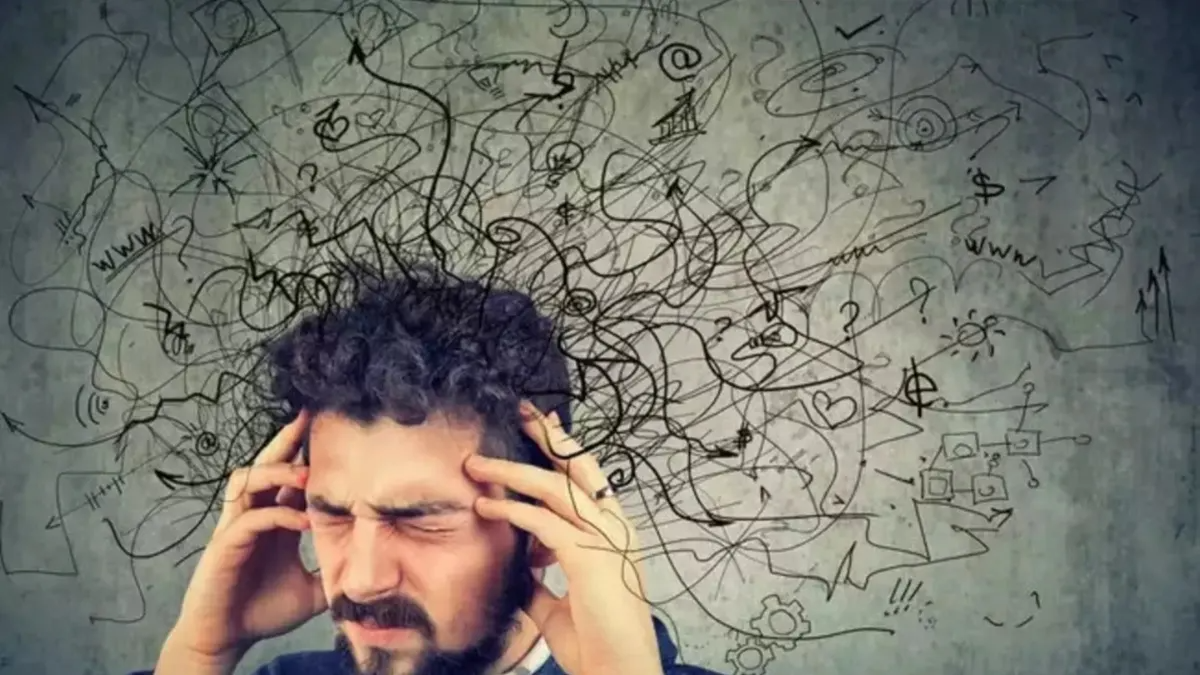
Kidneys are essential organs that filter our blood, removing harmful substances and helping keep our bodies healthy. When they’re working well, everything runs smoothly; but when they start to malfunction—due to factors like certain medications, diseases, or an unhealthy lifestyle—the warning signs may not show up right away. Kidney problems usually develop slowly, which means early stages often go unnoticed until significant damage has already occurred.
Recognizing the Signs
Once kidney function begins to decline, several symptoms might appear, including:
Changes in Urination:
Frequent trips to the bathroom, especially at night, can be an early indicator of kidney issues. In some cases, a reduction in urination may also signal a problem.
Blood in Urine:
If you notice blood in your urine (a condition known as hematuria), it’s important to seek medical advice immediately.
Swelling:
A malfunctioning kidney may lead to salt and water retention, causing swelling in areas like the ankles, feet, and face—often more noticeable in the morning.
Fatigue and Weakness:
When waste products build up in the body due to reduced kidney function, you might feel unusually tired and weak.
High Blood Pressure:
Since kidneys help regulate blood pressure, their impaired function can lead to elevated blood pressure levels.
Other Symptoms to Be Aware Of
In addition to the signs listed above, you might also experience:
- Persistent back pain
- Changes in appetite or taste
- Dry, itchy skin
- Nausea and vomiting
- Difficulty concentrating
If you experience any of these symptoms, it’s important to consult a healthcare professional promptly. Early detection and treatment are key to preventing further kidney damage and maintaining overall health.

 Share
Share






